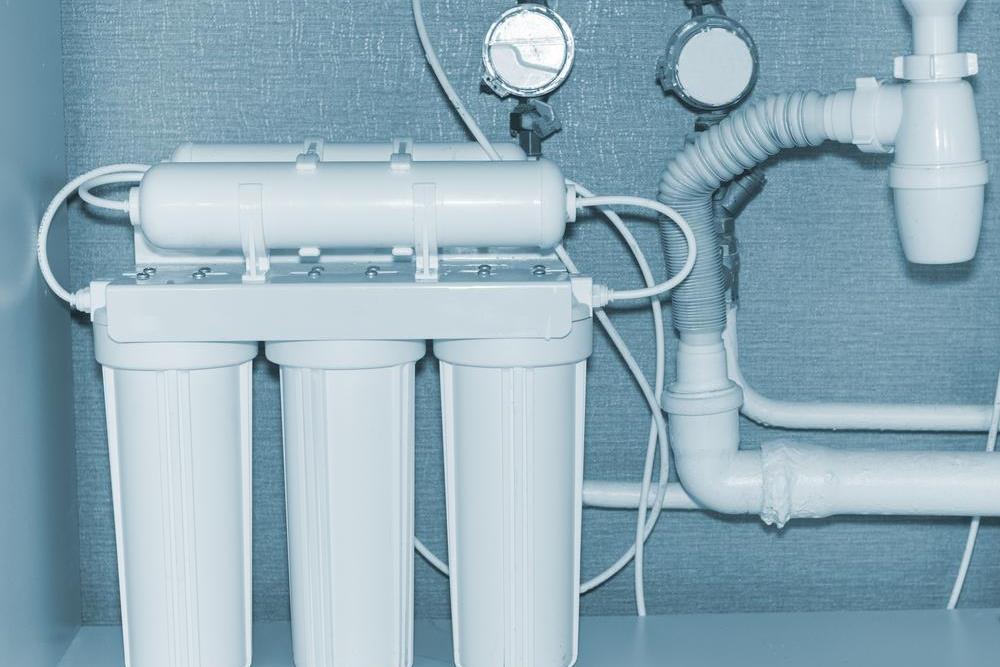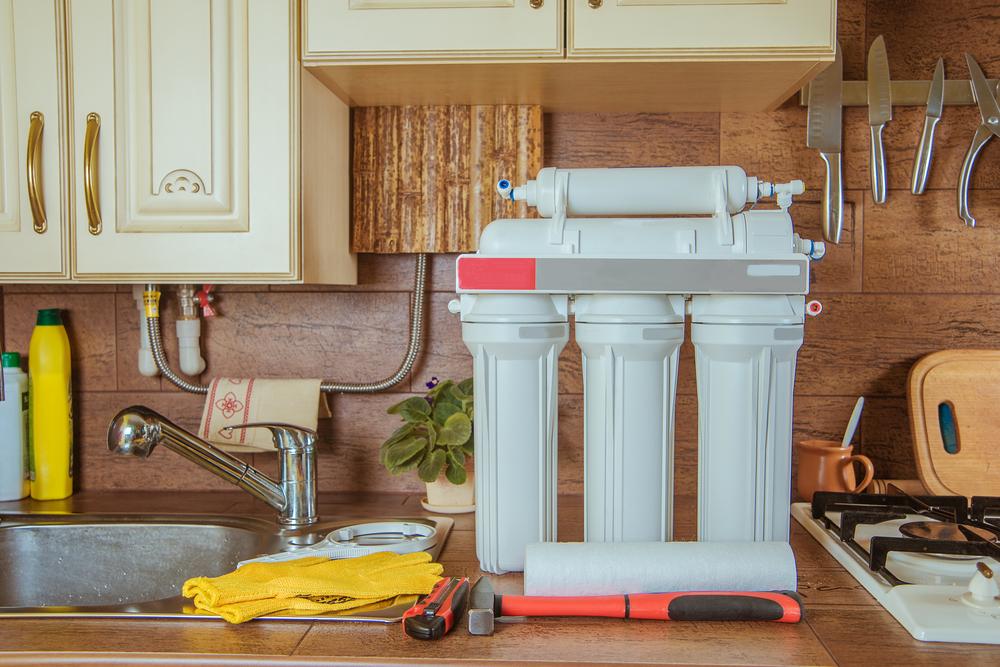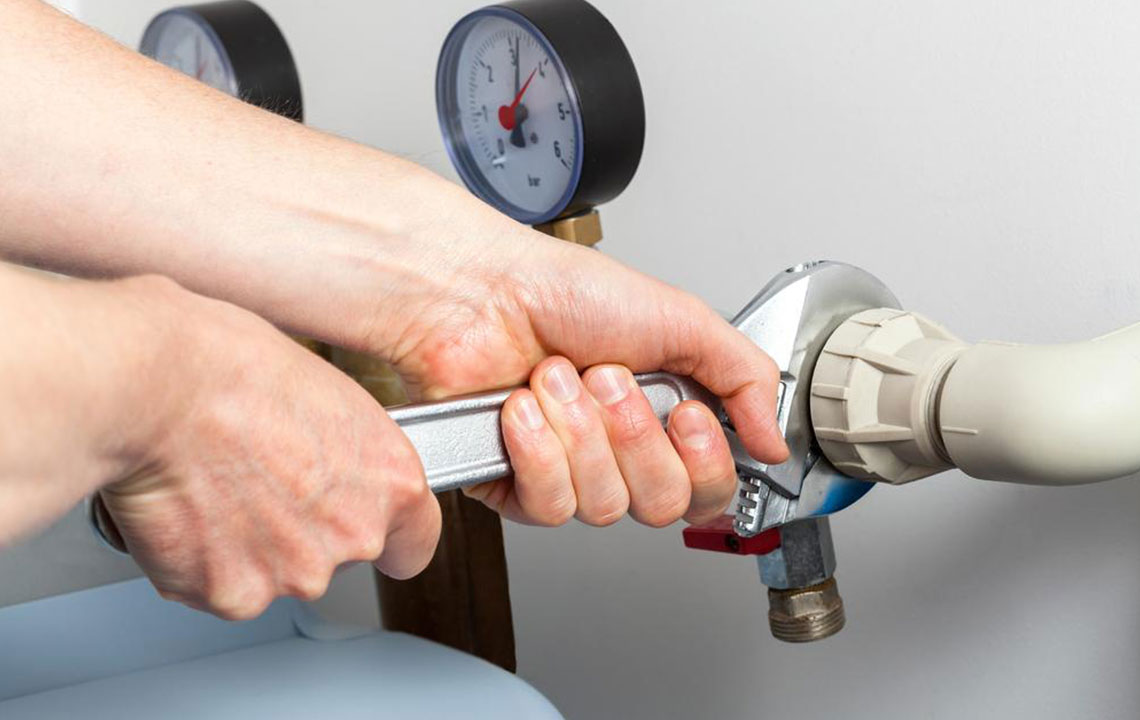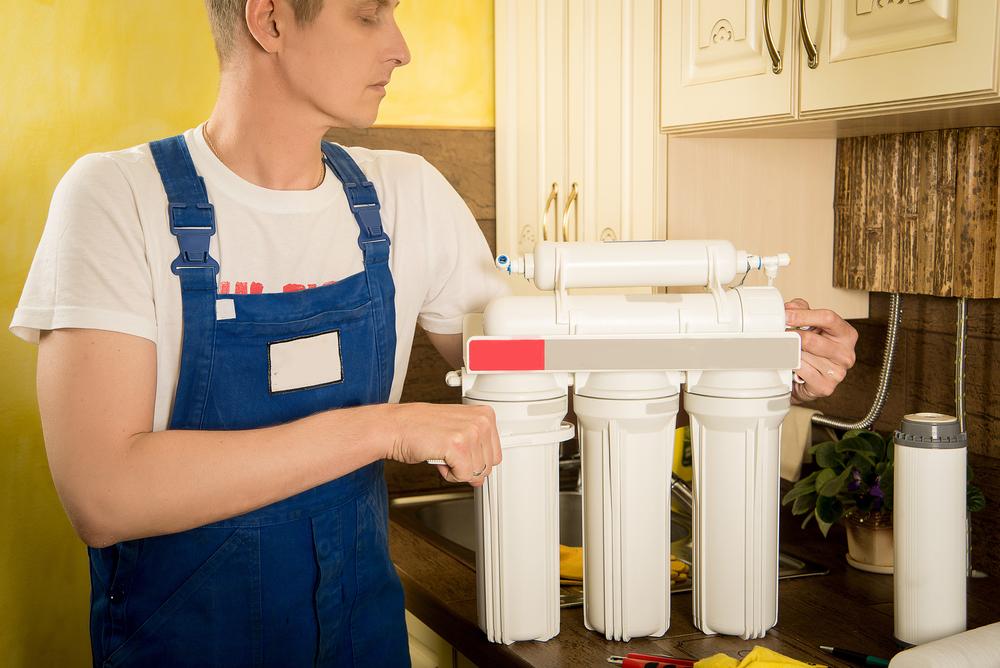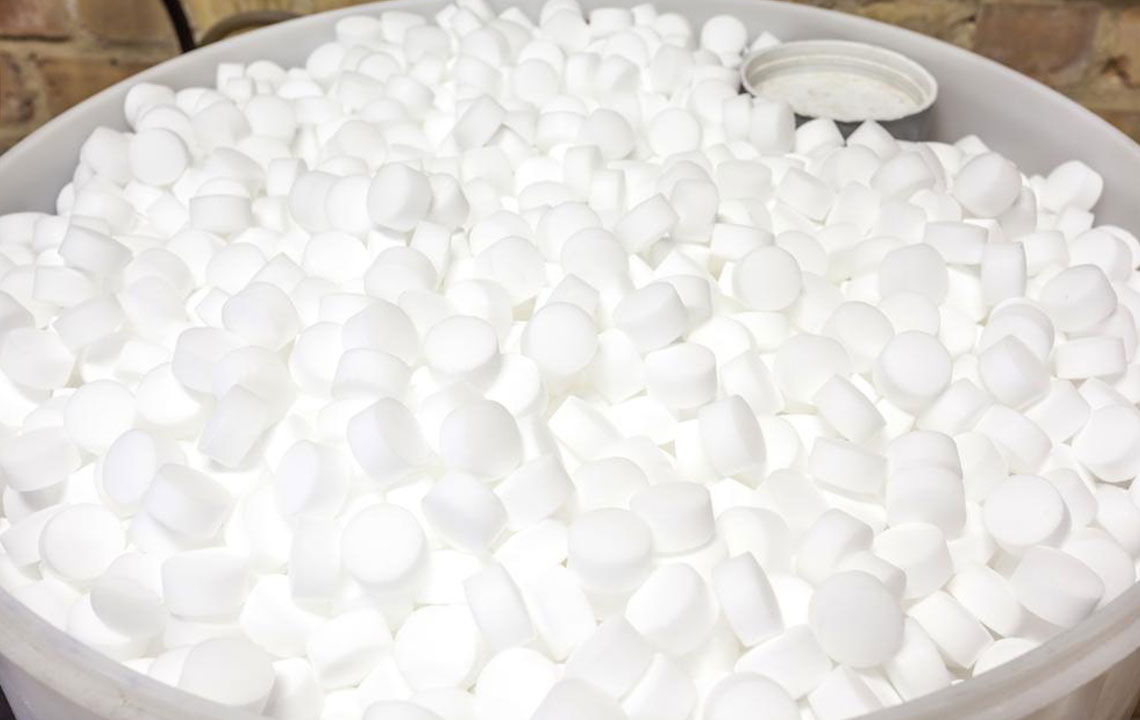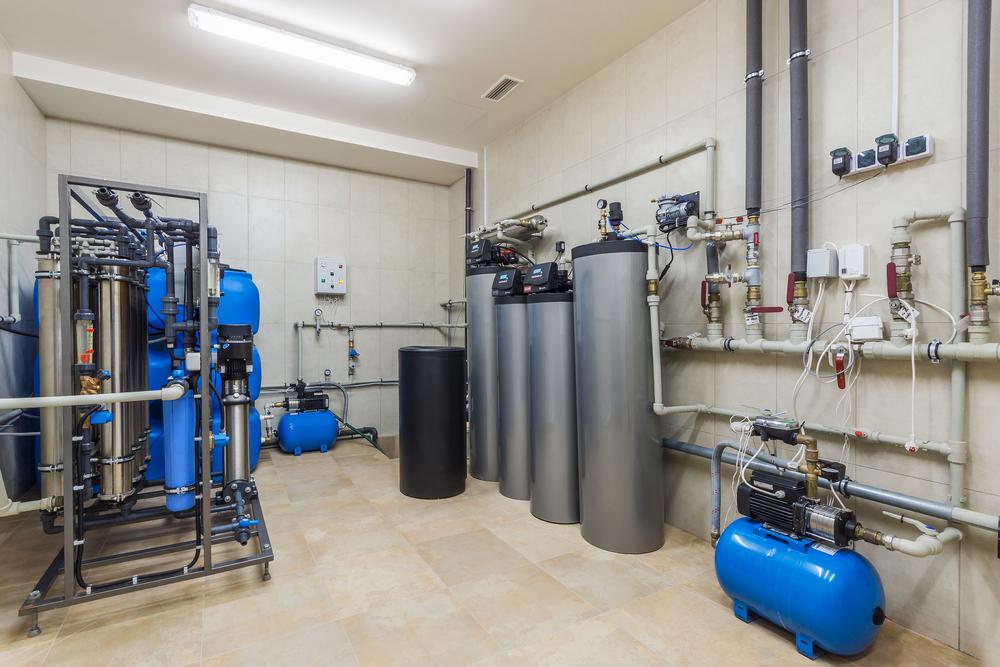Comprehensive Guide to Choosing the Perfect Water Softening System for Your Home
Discover comprehensive tips for selecting the right water softening system that suits your household’s needs. From understanding water hardness to choosing certified models with advanced features, this guide covers all essential factors for optimal water quality. Properly sized and maintained water softeners can significantly improve your household’s water efficiency, prevent mineral buildup, and extend the life of appliances. Learn how to calculate your water hardness, select the appropriate capacity, and ensure your softener operates effectively with regular maintenance and monitoring for a healthier, more comfortable home environment.
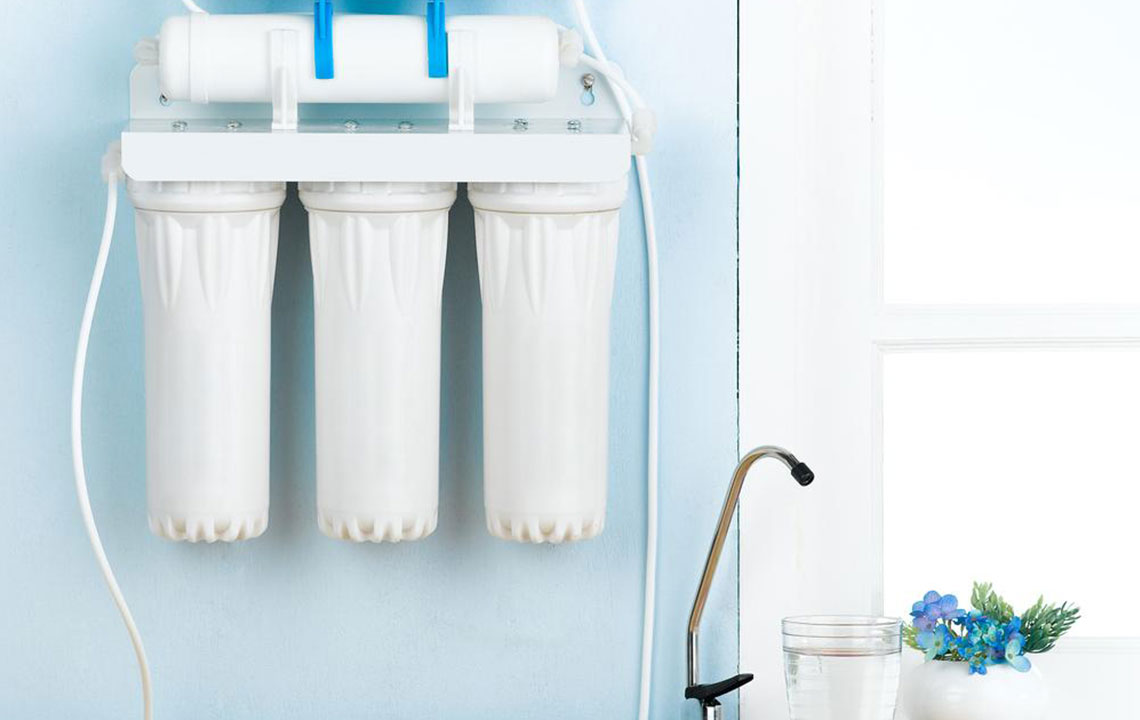
In-Depth Tips for Selecting the Most Suitable Water Softener
Hard water is a common issue faced by many households, leading to various inconveniences that affect daily life and household maintenance. Hard water contains elevated levels of minerals such as calcium and magnesium, which can cause mineral buildup, soap scum, and even damage to appliances over time. Installing an efficient water softening system is an effective solution to these problems, ensuring cleaner dishes, brighter glasses, smoother skin, and prolonging the lifespan of household appliances.
A quality water softener works by removing calcium and magnesium ions through a process called ion exchange. During this process, these mineral ions are replaced with sodium ions or salt, resulting in softer water free from mineral deposits. Choosing a certified and reliable water softener is crucial, and NSF (National Sanitation Foundation) certification indicates that the device meets strict standards for safety and performance. Many homeowners opt for NSF-certified models equipped with system monitors that can alert you when salt levels are low, ensuring consistent water quality without interruptions.
The hardness of your water is measured in grains per gallon (GPG). A water softener’s grain capacity indicates how much mineral content it can remove before needing regeneration. To select the right softener for your household, it’s important to follow a few simple steps:
Assess your household size: Count the number of people living in your home, as this directly impacts water usage.
Estimate daily water consumption: Calculate your household's daily water usage per person, which typically averages around 75 to 100 gallons.
Test your water's hardness level: Use a reliable testing kit to determine the grains per gallon of minerals in your water supply.
Calculate total mineral removal needs: Multiply your water hardness level by your household's daily water consumption to determine how many grains the softener must remove each day.
Armed with this information, you can select a water softener model with a suitable grain capacity that meets your household's specific needs. If you already have a softener in place, over time, mineral buildup can reduce its efficiency, necessitating regeneration. During regeneration, salt interacts with the resin beads to remove accumulated minerals, rejuvenating the softening process. Regular maintenance and monitoring salt levels are essential for ensuring your water softener functions optimally, providing you with consistent, high-quality softened water.
Additionally, considering features like automatic regeneration, digital controls, and salt monitors can make maintenance easier and improve the overall efficiency of your softening system. Proper sizing and regular upkeep can extend the lifespan of your softener while maintaining the highest water quality for your household needs.